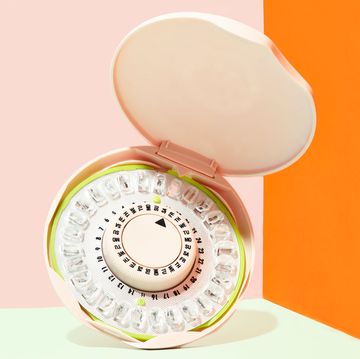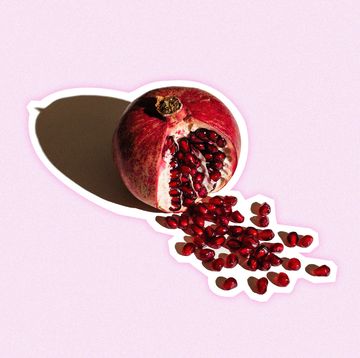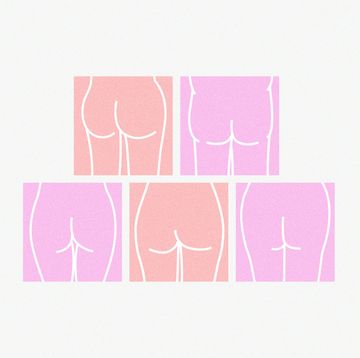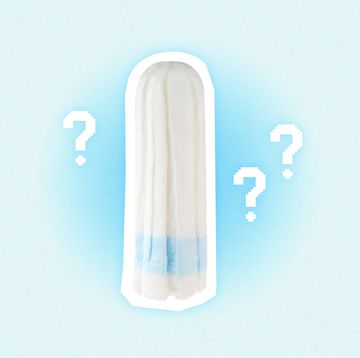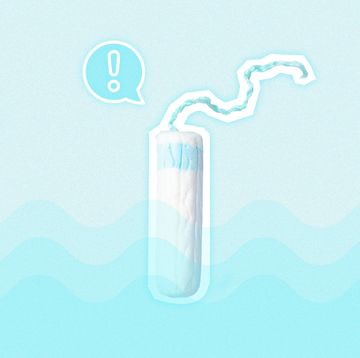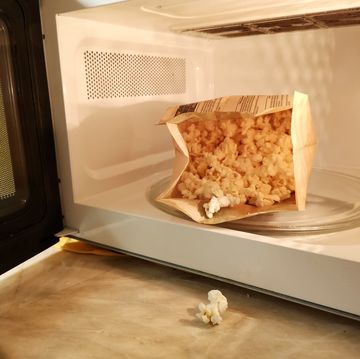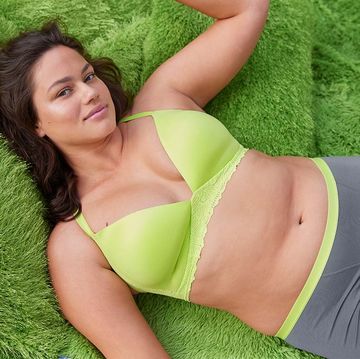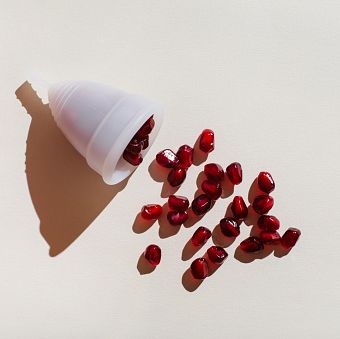Ugh! Again with the bleeding?!
I don’t know about you, but it seems like only a few days pass between finally getting around to stashing my tampons and pads in the back of the bathroom cabinet and needing to dig them right back out again. Seriously, uterus, didn’t we just do this?
While periods are generally thought of as monthly events, the average cycle is 28 days, meaning even the most regular individuals can expect to get 13 periods each year. And considering normal cycles fall anywhere between 21 and 35 days, it can be perfectly healthy to have anywhere between 10 and 17 periods per year.
The good news is, no matter how many annual periods you have, you can make each of them trouble-free with some tricks from the experts.
Period tip #1: Track your cycle
There’s no doubt about it, periods are easier when you are properly prepared for them. And the best way to prep is by having an idea of when to expect your menstrual cycle.
Using a period calculator like the one from Kotex can tell you when your next period is due to arrive so you can plan your vacation or a special date night around it (if that’s important to you). They can also be helpful to ensure you have plenty of pads and tampons at the ready and over-the-counter pain medication handy.
Period tip #2: Take control of your cramps
Cramps are the number-one complaint women have about their periods, according to the Office on Women’s Health. And teens tend to get the worst of it. That’s because cramping typically only happens when ovulation occurs, which often doesn’t begin until a year or two after your first menstrual cycle.
“Many girls start getting periods without cramps at first, and then the cramps start and they’re like, ‘Oh my god, something terrible must be happening,’” says Mary Jane Minkin, MD, a Connecticut-based ob-gyn. “But it’s a very common phenomenon, and it doesn’t mean there’s anything wrong. Actually, cramps sort of confirm the fact that you’re ovulating.”
And there’s more good news. First, most women report that cramps get less painful with age. Also, over-the-counter nonsteroidal anti-inflammatory drugs (NSAIDs) like ibuprofen and naproxen are highly effective at controlling cramps. “These medications are much more effective when taken early,” Dr. Minkin says. “Don’t wait until you’re miserable. When you start feeling cramps, start taking them, and continue until you’re finished [with your period].”
If over-the-counter NSAIDs don’t cut it, there are prescription-strength options available through your doctor. Another thing you might discuss with your healthcare provider is hormonal birth control. Going on the pill can dramatically reduce your period symptoms, including cramping and bleeding, but it has another benefit, too.
“Birth control pills block ovulation—that’s how they work to prevent pregnancy,” Dr. Minkin says. “And when you don’t ovulate, you don’t get as many cramps. The other nice thing about a birth control pill is it makes your period pretty regular, meaning you’ll usually have a pretty good idea of when your period’s going to start so you can start taking your pain reliever.”
Period tip #3: Stock up on the right supplies
Another top complaint about periods is, duh, the bleeding part. While it might seem like oh-so-much blood when it’s staring up at you from your—now ruined—favorite underwear, the average person really only loses between two and three tablespoons of blood during their period.
As long as you don’t have any of the following symptoms of heavy menstrual bleeding, your flow is likely normal:
- Bleeding so heavy that it consistently soaks through a regular pad (not a panty liner) or tampon every one to two hours.
- Bleeding that persists for more than eight days.
- Blood clots that are larger than a quarter.
If you do experience these symptoms, don’t panic. Heavy bleeding is super common and doesn’t necessarily mean anything is wrong. Talk to your doctor so you can figure out what’s causing your heavy bleeding and get some relief.
If your bleeding falls within the normal range, the key is ensuring you choose the right products for your flow for maximum comfort and protection against leakage. It may take some trial and error to figure out your period’s typical cadence.
Some women’s flows start off heavy and then taper off. Some have spotting the first day and then a heavy flow the second or third day. And, news flash, your period might differ from month to month, too.
If possible, it’s a good idea to have a variety of period products on hand so you can strategize depending on day, flow, what you have planned activity-wise, your outfit, etc. U by Kotex has pads, tampons, and liners for both day and night occasions. There’s even a special Teen line of pads that are uniquely sized for a young woman.
When it comes to tampons, be sure to select an absorbency that matches your flow. Not only will that protect you from toxic shock syndrome (which is super rare, btw), but it will also help with comfort. A tampon that’s overly absorbent for your flow can cause dryness and become uncomfortable, as well as cause odor.
Period tip #4: Know what is normal
In addition to bloating and cramping, vaginal smell may also occur during your period. This is a common occurrence unless the odor smells fishy, is paired with gray or white discharge, or vulva irritation. If this is the case, you should talk to your doctor, as it could be an infection called bacterial vaginosis, caused by an imbalance in your vaginal flora.
Much like your gut, your vagina has its own microbiome, and there are steps that you can take to keep it balanced, such as:
- Practice good hygiene
- Don’t douche
- Drink lots of water
- Wear breathable clothing, including underwear
- Regularly change pads and tampons during menstruation
Also, using an odor-control pad, such as U by Kotex Balance Ultra Thin Pads can help. They are made without harsh ingredients and fragrances and have a raised core infused with 100 percent plant-based charcoal to help stop odor so you can smell like yourself again.
Period tip #5: Resist the urge to skip PE
There’s some evidence that physical activity helps with period cramps when performed regularly. So while curling up on the couch and binging your favorite show might seem particularly appealing during your period, taking a brisk walk or committing to 30 minutes of cardio will serve you better in the long run.
“One thing I always recommend is strength training and aerobic exercise,” Dr. Minkin says. “We don’t have a great physiological explanation of exactly why it helps, but we know that it does help.”
Period tip #6: Don’t give in to cravings
Is bloating—the general fullness in your abdomen that may cause your clothes to feel tight—an issue leading up to your time of the month? Some women say exercise helps, but the main method of prevention here is dietary.
“What you want to do is avoid foods that cause your body to retain fluid,” Dr. Minkin says. “So things like potato chips and cookies—even if your body’s craving them, try to avoid them, because that will make bloating worse.”




